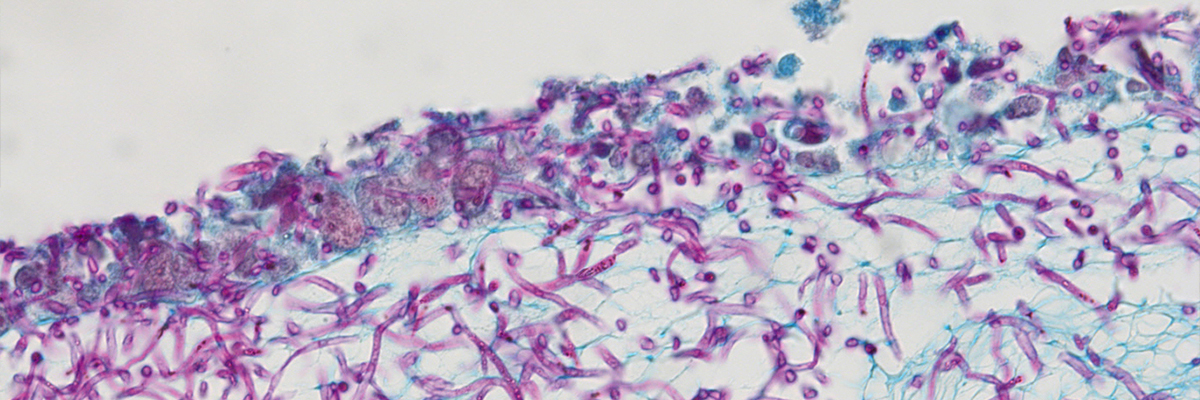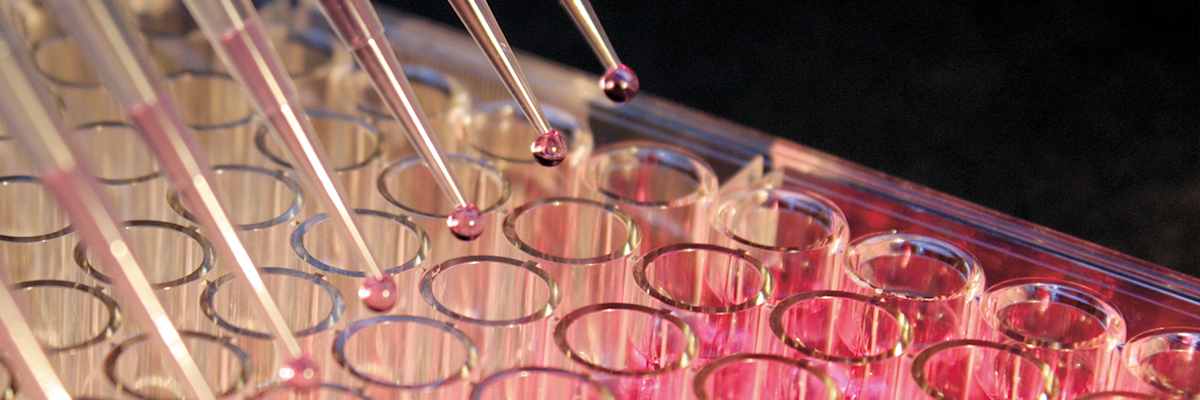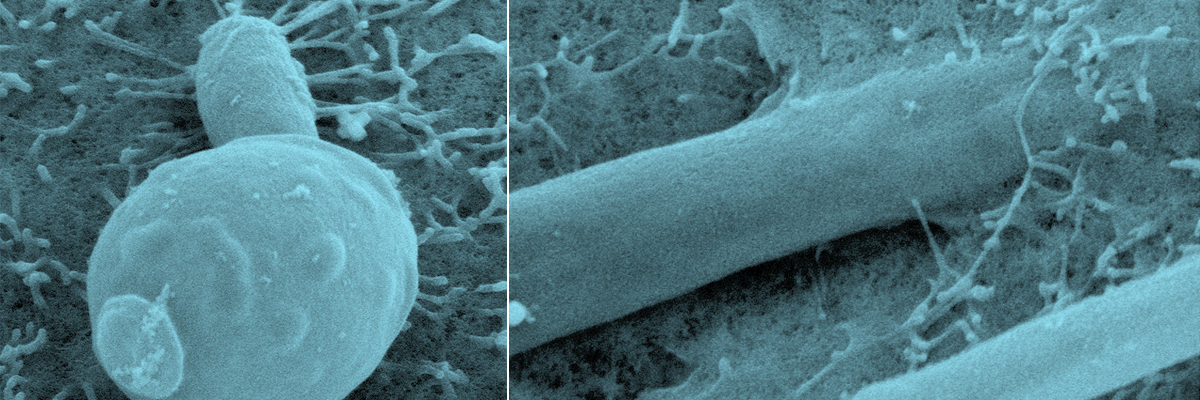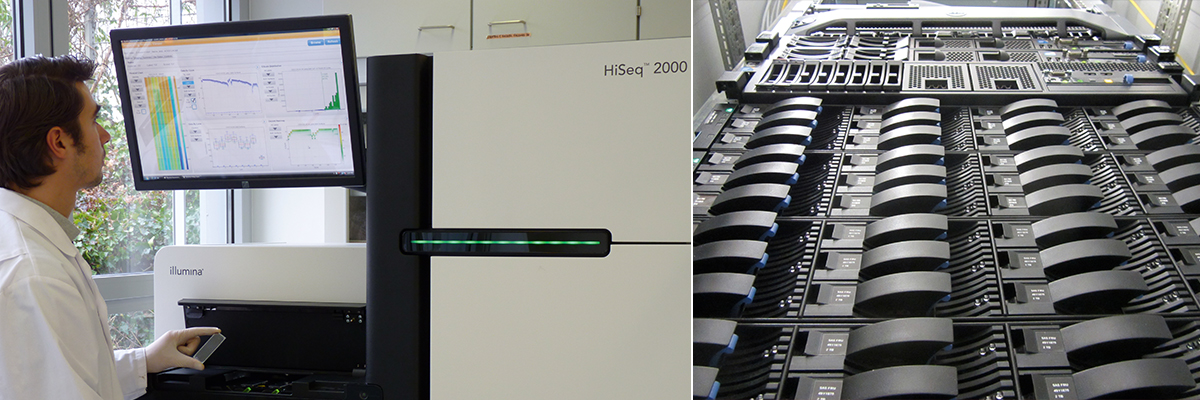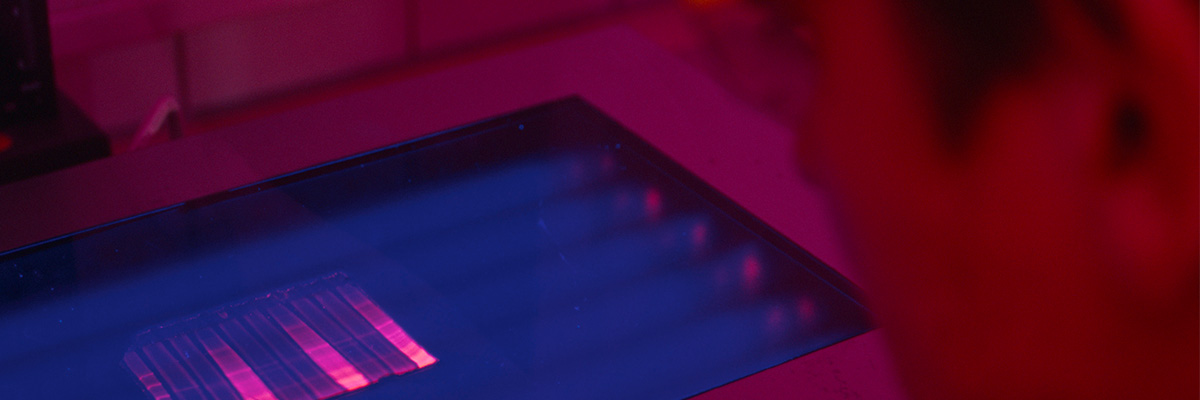Home
Stimulating Innate Immunity to combat fungal infections – InnateFun
Fungal infections remain a leading cause of complications, often with fatal outcome, for hospitalized patients. Both accurate diagnosis and therapy have remained challenging tasks. A major part of invasive fungal infections is caused by Candida spp which are often present as part of the microbial flora on the skin, and oral and intestinal surfaces. Several Candida spp also tend to form biofilms on medical devices, such as catheters, resulting in resistance to antifungal agents. Currently, existing antifungal treatments target the growth of fungal pathogens in the host. The main idea of InnateFun, however, is to use therapeutic interventions that stimulate the innate immune system of patients to clear fungal infections.
Our major strategy will be the modulation of immune-receptors, known to play a crucial role in antimicrobial defense. Therefore, we will design immune-modulatory compounds (IMC) acting on these immune receptors and the signaling pathways involved in pathogen recognition. By combining computational methods and iterative cycles of experimental validation novel IMCs will be identified. The IMCs will be synthesized within the consortium and first tested in vitro using cell based assays monitoring receptor activity. Successful IMCs will be confirmed in complex 3D-models of infection, before being validated in animal models, including catheter-related biofilm models. By stimulating the intrinsic innate immune defense mechanisms of the patient, we expect that also drug-resistant pathogens and biofilms will be cleared.
With InnateFun, we will establish a proof-of-principle for a novel type of antifungal drugs, possibly applicable to other microbial infections where activating innate immunity can be beneficial.
